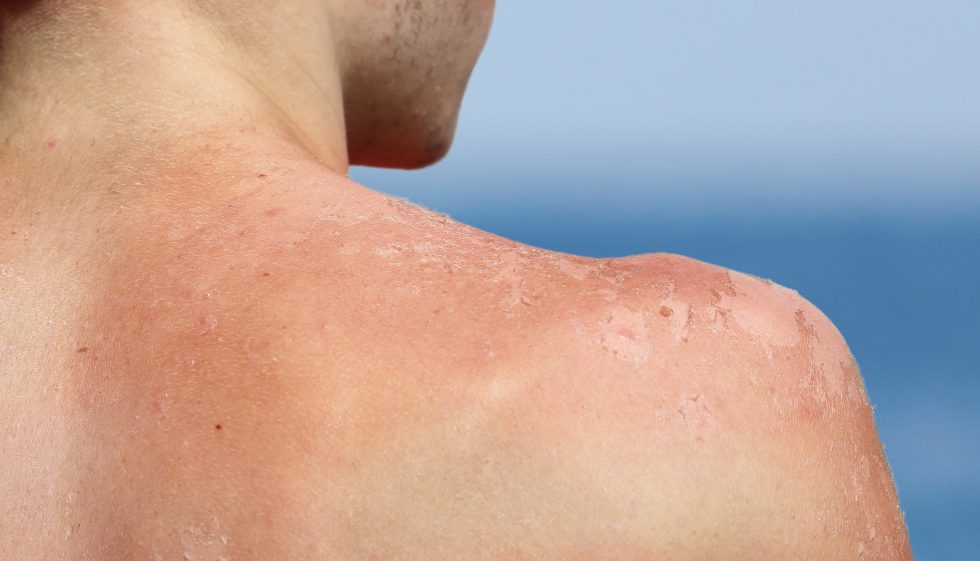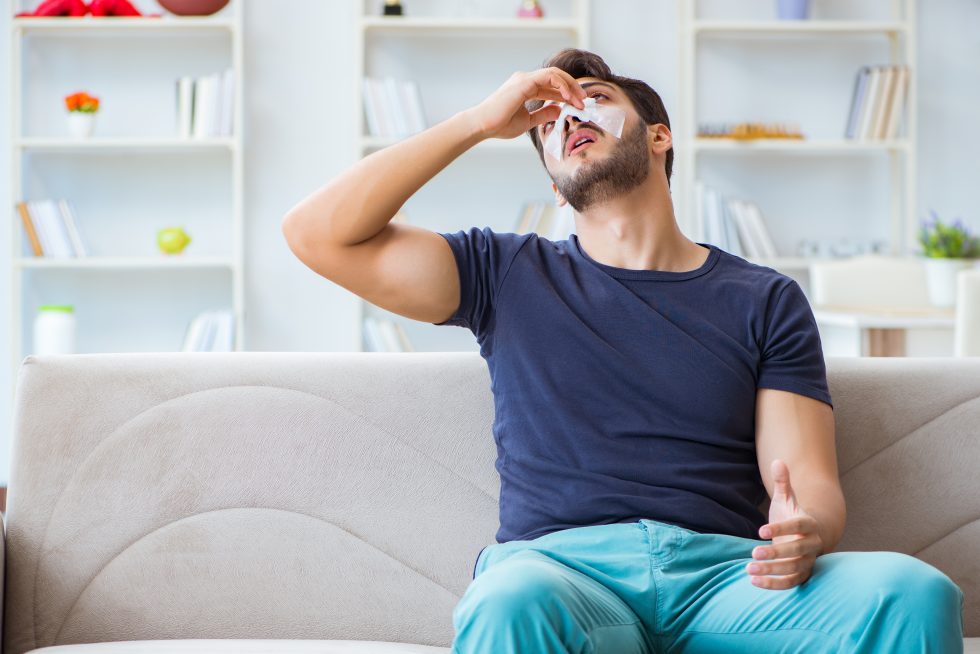Thriving in Winter: Boosting Vitamin D and Managing Seasonal Affective Disorder (SAD)
Whether you call Charlotte home or are just visiting family, the city offers a warm and inviting atmosphere during the holidays. While you are here, visit Freedom Park near Tyvola Road or head over to The Marion Diehl Recreation Center. If you need a bite to eat, you will love El Puro Cuban. No matter your plans this season, be sure to take time to pay attention to your physical and mental health to have a happy and healthy holiday with your family.
As the winter months approach and daylight hours decrease, maintaining optimal levels of vitamin D becomes increasingly challenging. This essential nutrient plays a crucial role in supporting the immune system, bone health, and overall well-being. In this guide, we will explore how to ensure you get enough vitamin D during the winter months while also addressing the impact of Seasonal Affective Disorder (SAD).
How to Get Enough Vitamin D:
- Embrace Natural Sunlight: Despite the colder weather, make it a priority to spend at least 15-30 minutes outdoors daily. Natural sunlight is the best source of vitamin D synthesis in our bodies. Visit Madison Central Park for kid friendly playgrounds and disc golf on a pretty day to get some Sun for the entire family!
- Choose Vitamin D-rich foods: Incorporate fatty fish (salmon, mackerel, tuna), dairy products, eggs, and mushrooms into your winter diet to naturally boost your vitamin D levels.
- Consider Vitamin D Supplements: Consult healthcare professionals to determine if vitamin D supplements are necessary, especially if you have limited sun exposure or specific dietary restrictions.
- Engage in Indoor Exercise: Stay active and expose yourself to natural light by engaging in indoor exercise. Join a gym, try home workouts, or participate in indoor sports. The Marion Diehl Recreation Center and Indoor Pool would be a great option for those looking for an indoor fitness area near Tyvola Rd.
- Get Your Vitamin D Levels Checked: Visit your local AFC Urgent Care for a comprehensive vitamin D level check. Regular monitoring ensures you stay on track with your vitamin D goals.
How much vitamin D should I take each day?
The required amount of vitamin D varies based on age. Here are the average daily recommendations in micrograms (mcg) and International Units (IU):
| Age | Recommended Amount |
| Birth to 12 months | 10 mcg (400 IU) |
| Children 1–13 years | 15 mcg (600 IU) |
| Teens 14–18 years | 15 mcg (600 IU) |
| Adults 19–70 years | 15 mcg (600 IU) |
| Adults 71 years and older | 20 mcg (800 IU) |
| Pregnant and breastfeeding teens and women | 15 mcg (600 IU) |
Managing Seasonal Affective Disorder (SAD)
Seasonal Affective Disorder (SAD) is a type of depression that can affect individuals during the fall and winter months due to reduced exposure to natural sunlight. Recognizing the symptoms of SAD is crucial for your well-being.
Understanding Your Feelings
SAD is characterized by a range of symptoms that can significantly impact your daily life. These symptoms may include low energy and fatigue, changes in appetite, feelings of sadness or hopelessness, loss of interest in activities, difficulty concentrating, and changes in sleep patterns. It’s important to acknowledge and address these feelings rather than dismissing them as a normal part of the winter season.
The Impact of Sunlight
Reduced sunlight during the fall and winter months can disrupt your body’s internal clock and hormone regulation. Understanding this impact is crucial for effectively managing SAD. By increasing your exposure to natural light and considering light therapy, you can help regulate your body’s natural rhythms and alleviate SAD symptoms.
Light Therapy
Light therapy, also known as phototherapy, is a safe and effective treatment for SAD. It involves exposure to bright artificial light that mimics natural sunlight. Light therapy boxes are typically used in the morning for 20-30 minutes to stimulate serotonin production and regulate the circadian rhythm. Consult with a healthcare professional to determine if light therapy is right for you.
Personalized Self-Care
In addition to light therapy, incorporating self-care practices into your routine can significantly help manage SAD symptoms. Spend time outdoors, engage in activities you enjoy, maintain a healthy diet, get regular exercise, prioritize sleep, and seek social connections. These personalized self-care strategies can contribute to your overall well-being during the winter season.
By combining efforts to boost vitamin D levels and address the impact of Seasonal Affective Disorder, you can ensure your well-being is set up for success during the winter months. Remember to consult with healthcare professionals before making significant changes to your lifestyle or starting new supplements. Our dedicated team at AFC Urgent Care Tyvola Road is here to support you on your journey to optimal health. Contact us today if you have questions about managing your vitamin D or Seasonal Affective Disorder this winter.



